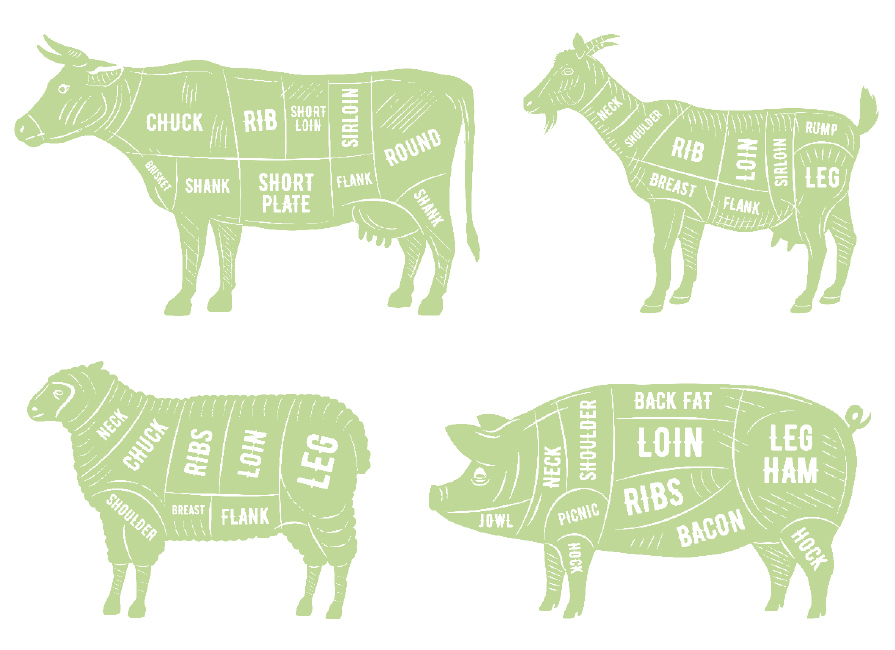Cutting It Too Fine
Modern slaughter facilities—especially smaller operations—can face significant challenges when attempting to provide an efficient service to their customers. By understanding the most common challenges that plants may experience, farmers and ranchers can help improve efficiencies at slaughter facilities—and avoid unnecessary…

